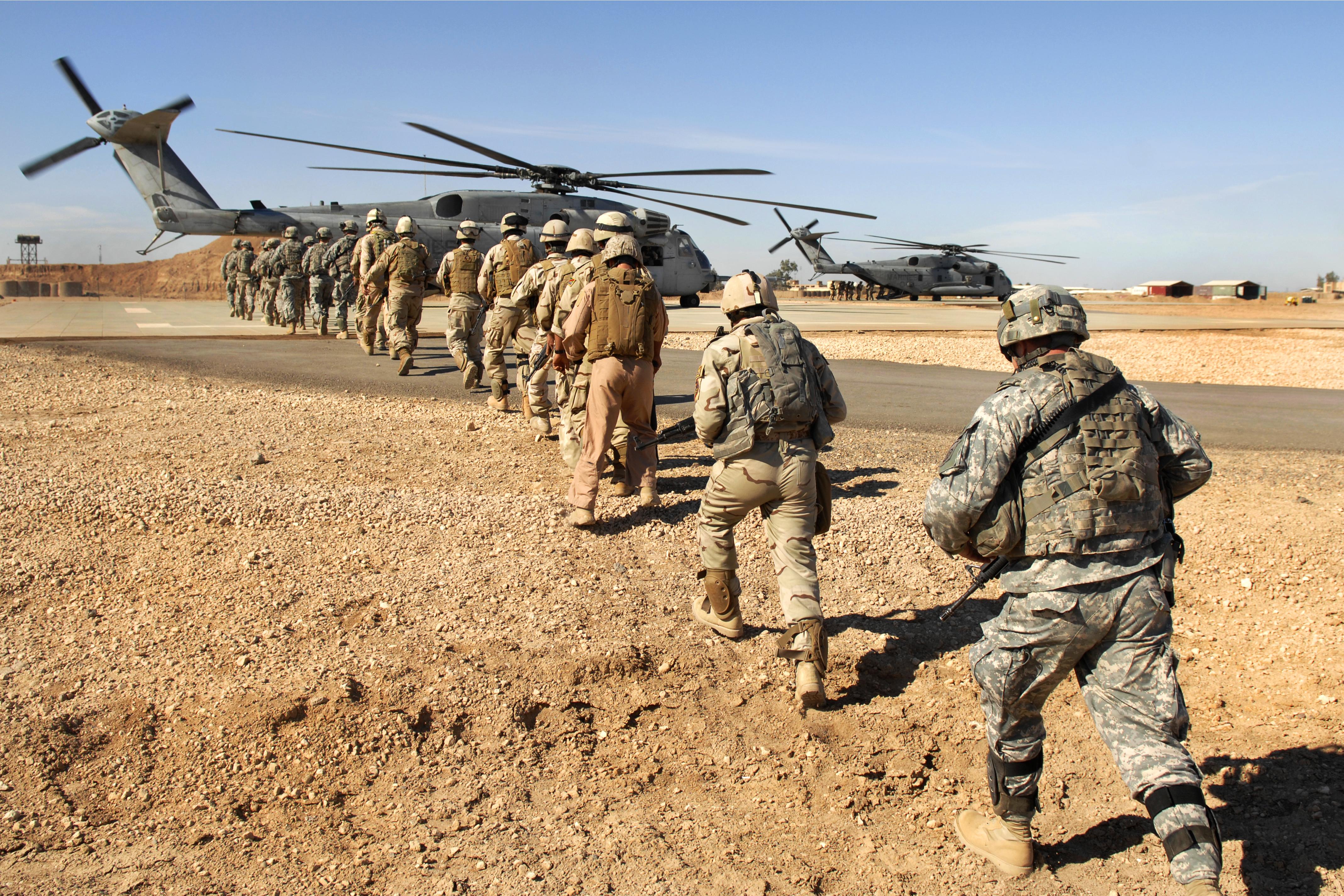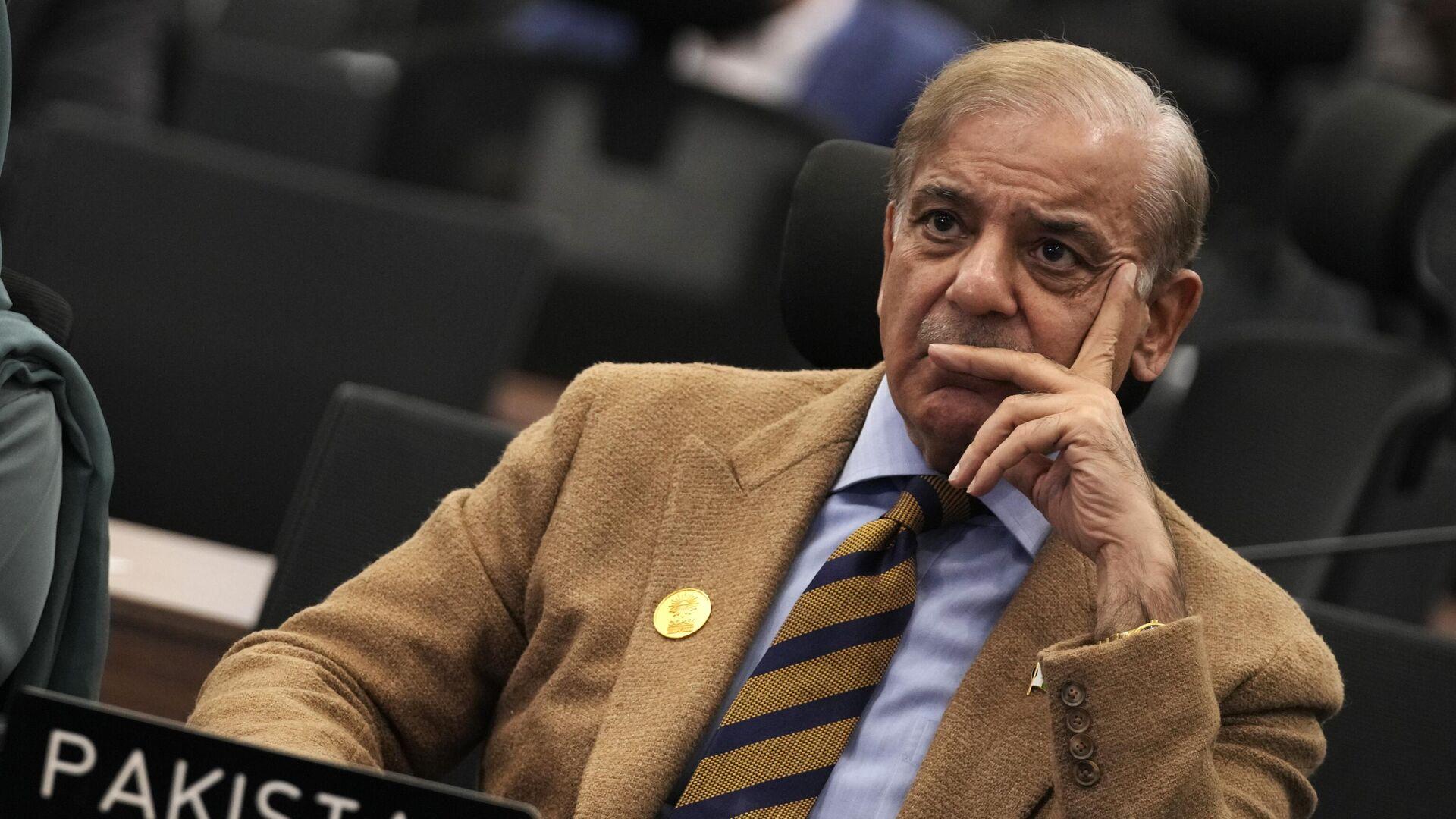Pakistans Strategic Shift: PM Endorses Military Action Amid Rising Separatist Violence
The recent escalation of violence in southwestern Pakistan has prompted a decisive response from the government, as the Prime Minister has officially sanctioned military action against separatist groups. The region, long plagued by unrest, has seen a notable increase in attacks attributed to these factions, which have been demanding greater autonomy and rights. This shift in strategy highlights a growing urgency to stabilize a key area that has significant economic and geopolitical implications for the country. The government’s stance signals a commitment to restore order, while simultaneously addressing the underlying issues that fuel discontent among local populations.
In an attempt to bolster the effectiveness of the military operation, officials have outlined several strategic objectives aimed at curbing the rising tide of separatism. Among these are:
- Intensified military presence: Additional troops and resources are being deployed to affected areas to ensure swift and effective responses to further incidents.
- Targeted intelligence operations: Enhanced coordination between security agencies is set to improve intelligence-gathering efforts to preempt attacks.
- Community engagement initiatives: The government aims to foster dialogue with local communities to address grievances and diminish support for separatist movements.
This comprehensive approach represents a critical effort to not only confront violent elements but also to address the broader socioeconomic challenges that contribute to unrest in the region.

Assessing the Impact: Understanding the Surge in Violence in Southwestern Provinces
The recent escalation of violence in the southwestern provinces of Pakistan has raised alarm among local and international observers. The conflict, primarily driven by separatist movements, has resulted in numerous casualties and a significant increase in military engagements. Key factors contributing to this surge include:
- Heightened Ethnic Tensions: Long-standing grievances among local populations regarding governance and resource distribution have intensified, leading to a resurgence of militant activity.
- Increased Recruitment Efforts: Separatist groups have become more adept at mobilizing youth discontent, resulting in a rise in their ranks and the frequency of violent attacks.
- Political Instability: Fluctuations in political authority and weak law enforcement have created a power vacuum that militant organizations are eager to exploit.
In response to the deteriorating security situation, the federal government’s endorsement of a military operation aims not just to restore order but also to address the underlying causes of unrest. Military officials have asserted that a strategic approach will prioritize both military action and community engagement, emphasizing a framework that includes:
- Clear Military Objectives: Tactical strikes against identified militant strongholds are designed to dismantle operational infrastructures.
- Community Outreach: Efforts to build trust and dialogue with local populations are aimed at providing alternatives to violence and involving them in rebuilding initiatives.
- Intelligence Sharing: Enhanced cooperation between military and civilian intelligence agencies is critical for pre-empting attacks and disrupting separatist networks.

The Role of Dialogue: Exploring Non-Military Solutions to the Separatist Crisis
In the context of escalating tensions and violence in southwest Pakistan, the focus on dialogue as a viable path towards resolution becomes increasingly pertinent. While military action may offer a short-term solution to immediate threats, history often demonstrates that sustainable peace is rooted in thoughtful engagement with affected communities. Initiating comprehensive dialogues that prioritize understanding the underlying grievances can pave the way for more stable outcomes. Engaging with separatist leaders, community stakeholders, and local populations can foster an environment of trust and cooperation, which is critical for addressing long-standing issues such as economic disparity, cultural identity, and political marginalization.
Moreover, non-military approaches can facilitate significant opportunities for conflict resolution through the establishment of democratic dialogue platforms. These forums can serve as spaces for transparent conversations aimed at mutual understanding, where diverse perspectives are welcomed and considered. By prioritizing negotiation, mediation, and collaborative problem-solving, stakeholders can work toward comprehensive agreements that not only recognize the rights of separatist groups but also enhance national cohesion. The commitment to non-violent solutions reflects a deeper understanding of the complexities involved in separatist movements, emphasizing the importance of listening, empathy, and shared aspirations for a peaceful, united future.

Future Implications: Recommendations for Sustainable Peace and Stability in Pakistan
The recent military operation approved by the Prime Minister underscores the urgent need for a multi-faceted approach to address the underlying issues fueling separatist violence in Pakistan’s southwest region. To ensure long-term peace and stability, it is essential to adopt a comprehensive strategy that not only focuses on security measures but also on addressing socio-economic disparities and political grievances. Key recommendations for promoting sustainable peace include:
- Engagement with Local Communities: Establish dialogue channels with local populations to better understand their concerns, needs, and aspirations.
- Investment in Development Programs: Allocate resources towards education, health, and infrastructure to uplift marginalized communities and reduce the allure of separatism.
- Political Inclusion: Incorporate diverse political voices into the governance framework to foster a sense of belonging and representation among all ethnic groups.
- Strengthening Law Enforcement: Enhance training and resources for local law enforcement to effectively address crime and instability without resorting to excessive force.
- Conflict Resolution Workshops: Organize peacebuilding workshops aimed at conflict resolution and reconciliation between different factions.
Furthermore, addressing the root causes of discontent should be complemented by an emphasis on national unity and identity. Engaging civil society organizations can play a pivotal role in this endeavor, creating platforms for dialogue and cooperation among various stakeholders. To navigate the path toward sustainable peace, it is crucial to:
- Promote Inter-Ethnic Harmony: Initiate cultural exchange programs that celebrate Pakistan’s diversity and foster understanding among different communities.
- Monitor Human Rights Violations: Establish independent bodies to oversee military actions and ensure compliance with human rights standards to prevent civilian casualties and rebuild trust.
- Leverage International Support: Seek assistance from international organizations to implement sustainable development goals aimed at poverty alleviation and economic resilience.
- Facilitate Peace Dialogues: Create forums for ongoing peace dialogues, involving representatives from various factions, to address grievances and foster reconciliation.

